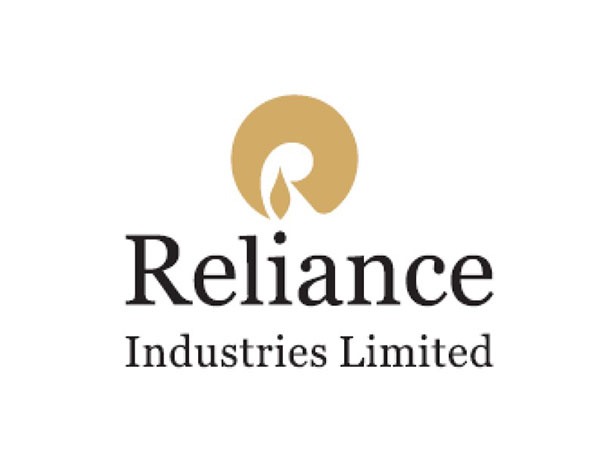A-Pac financial institutions' Covid recovery to be long and laborious: S&P
Apr 22, 2021

Melbourne [Australia], April 22 : Credit conditions have improved for Asia Pacific banks over the past quarter but the pandemic has set back finances of households and corporates with deeply negative effects on lenders, S&P Global Ratings said on Thursday.
Economies are recovering smartly, countries are rolling out vaccinations and regional financing circumstances remain supportive.
"And yet, the pandemic has so seriously set back the finances of households and corporates with deeply negative effects on lenders that banks may need years to fully recover," it said in report titled Asia Pacific Financial Institutions Monitor 2Q 2021: Views From The Bottom Of The U.'
"Public authorities across Asia Pacific have blunted the economic effects of Covid-19. This includes an unprecedented level of fiscal and monetary policy support for households and corporates, and measures to encourage banks to lend and to show forbearance toward stressed borrowers," said S&P Global Ratings credit analyst Gavin Gunning.
"But for this support, the hit on the Asia Pacific financial institutions sector would have been much more significant." S&P outlooks on the ratings on about 18 per cent financial institutions in Asia Pacific were negative as of end-March.
Should the effect of Covid-19 on Asia Pacific financial institutions become worse or last longer, then this could lead to more rating downgrades. "Were a sustainable recovery take hold, however, we could eventually revise many of the outlooks on bank ratings back to stable."
S&P said public authorities will likely continue to have a key effect on banking sector creditworthiness over the next six to 18 months. They must maintain a delicate balancing act of not withdrawing support too early or, alternatively, not overshooting.
On the economic front, the scenario in Asia Pacific has improved over the past quarter. S&P upgraded its growth forecasts for to 7.3 per cent for 2021 from 6.8 per cent previously.
A faster-than-expected global vaccine rollout, a large dose of US stimulus and upside surprises in trade and manufacturing have pushed its forecasts higher and offset recent weakness in household spending.
Notwithstanding an economic turnaround in some jurisdictions from Covid-induced slumps, some prominent risk management problems have emerged in the quarter.
S&P said these highlight the critical importance of effective risk management when assessing financial strength, regardless of what stage one is at in an economic cycle.




















